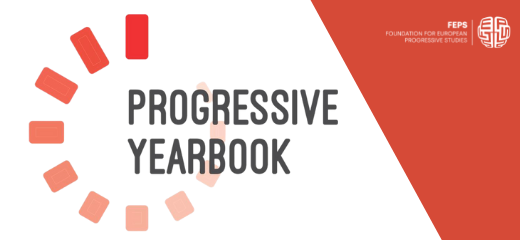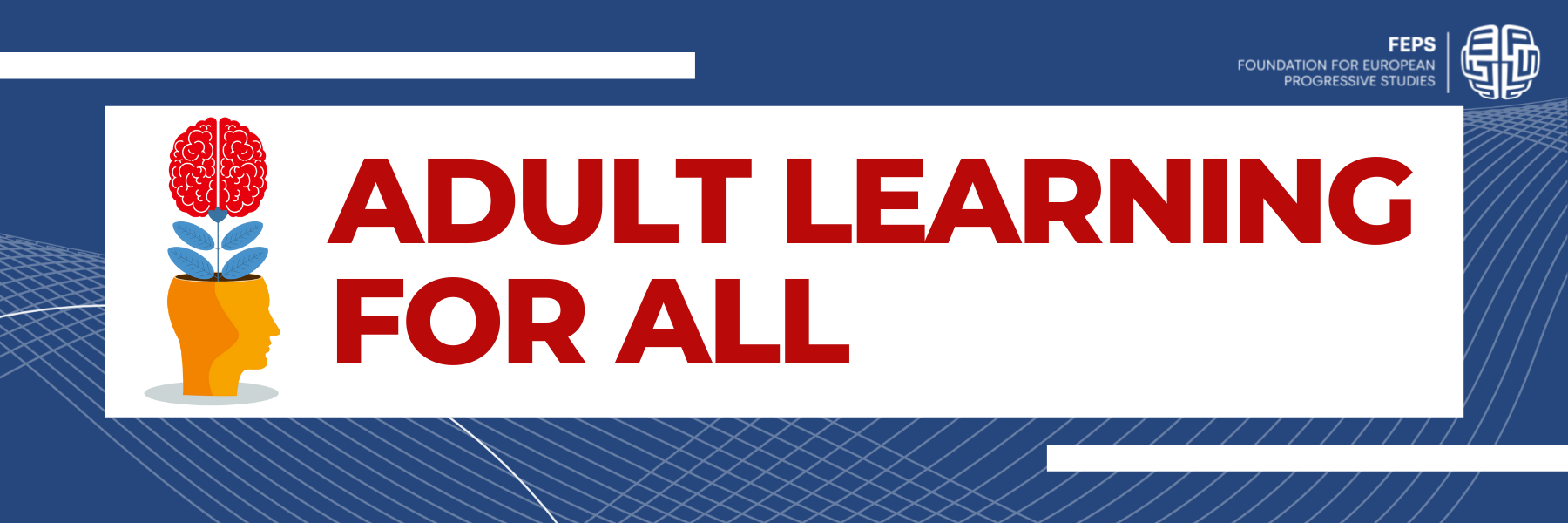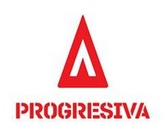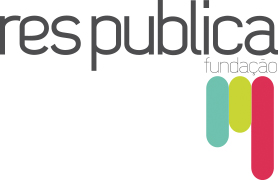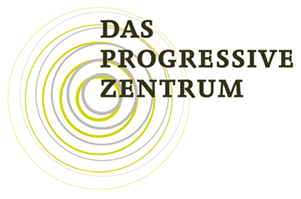- Details
- Written by Stefano
- Category: Project
- Hits: 262
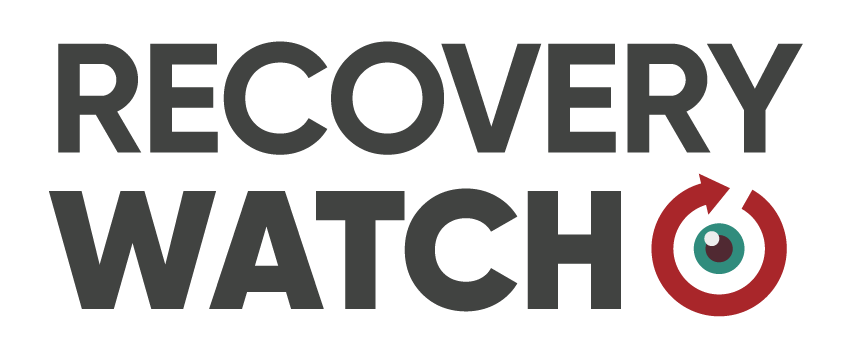 The National Recovery and Resilience Plans represent the new framework in which member states will identify their development strategy and allocate European and national resources with the objective of relaunching socio-economic conditions after the pandemic.
The National Recovery and Resilience Plans represent the new framework in which member states will identify their development strategy and allocate European and national resources with the objective of relaunching socio-economic conditions after the pandemic.
This process, initiated as part of the European response to the global health crisis, follows the construction of the Next Generation EU and it is meant to combine national and European efforts to relaunch the economy and reshape it to steer the digital and climate transitions.
For European Progressives, it is worth assessing the potential that these national plans have towards curbing inequalities and delivering wellbeing for all. FEPS, in partnership with a network of organisations and research centres, plans on building up a structured network of experts to monitor the implementation of National Recovery Plans and assess their potential impact on key social outcomes.
The Recovery Watch, as a sort of observatory, with dedicated cross-country publications and experts’ inputs, shall provide an assessment of the social dimension of National Recovery Plans also including a check of the public spending on the digital and ecological transition.
In essence, the project shall monitor the distributive effects of EU spending via the Next Generation EU as well as those of the policies which compose the national recovery plans. This shall make available fact- and data-based evidence to sharpen the implementation of the national plans and instruct progressive policymaking from the local to the European level.
- Details
- Written by CommsTrainee
- Category: Project
- Hits: 207
The Balkan Focus is a gateway for analysis on the Balkan region and its links with the European Union. It is a space to be up to date on the central issues, political appointments, and status of the accession negotiations to increase the understanding of the enlargement process and keep alive the attention on it.
The strategic role of the Balkans’ integration process now and in the future inspired this project, realised in partnership with a consortium of European think tanks, members of the Foundation for European Progressive Studies (FEPS): CeSPI, Fondation Jean Jaurès, Foundation Max van der Stoel (FMS), and the Karl-Renner-Institut.
- Details
- Written by CommsTrainee
- Category: Project
- Hits: 420
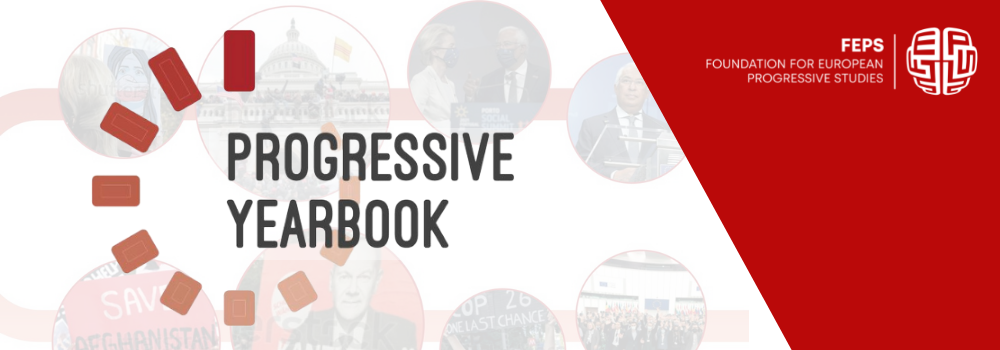 The yearbook is a FEPS annual publication that highlights the most important events and developments of the previous year. But our Progressive Yearbook is also, and above all, about the future. It is an opportunity to stop for a moment and look forward, set priorities, and put on paper some of the expectations and plans against which future developments will have to be tested.
The yearbook is a FEPS annual publication that highlights the most important events and developments of the previous year. But our Progressive Yearbook is also, and above all, about the future. It is an opportunity to stop for a moment and look forward, set priorities, and put on paper some of the expectations and plans against which future developments will have to be tested.
As the leading progressive think tank in Europe, FEPS wants to showcase by its Yearbook its strong network in gathering political leaders, activists and academic experts from our political family, as well as collect critical data and deliver sharp analysis along with concrete proposals.
- Details
- Written by Stefano
- Category: Project
- Hits: 304
In the year 2020, Europe entered its first lockdown. A year and a half later, we are turning our gaze towards the past, trying to understand some macro-dynamics that led us to the situation we are facing today.
“Health Democracy” is a European project aimed at creating an integrated analysis of the social inequalities of the post-COVID world.
It is led by the Foundation for European Progressive Studies and Fondazione Socialismo, and is divided into 3 lines of action: Research, Training, Dissemination.


